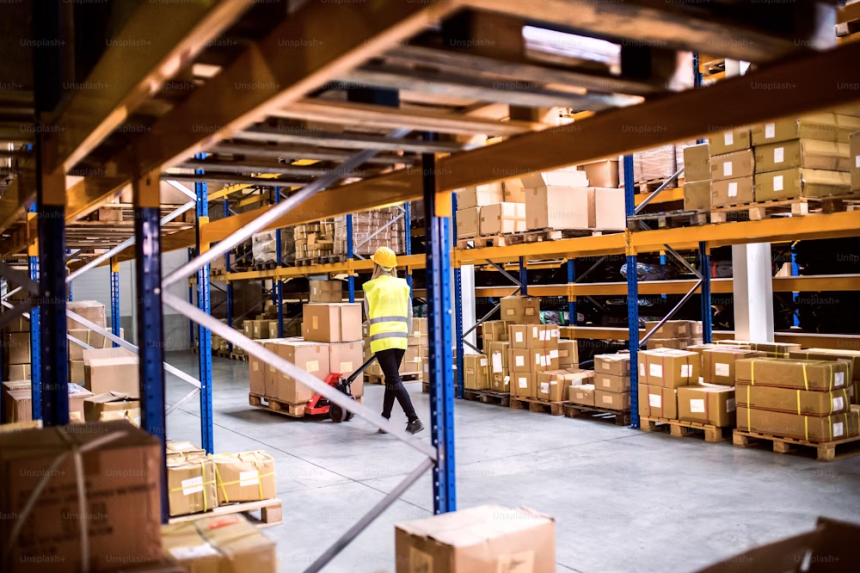Table of Content
Try Vizitor for Free!

Tue, Jan 23, 2024
Read in 3 minutes
Meetings are the oldest business concept around for a reason. When designing your modern meeting rooms, think beyond the glass walls, whiteboards, luxury recliners, high-quality oak tables, and projection screens. Instead, build an atmosphere that encourages employees to interact and cooperate. A modest open area that serves employees effectively is preferable than a magazine-worthy conference room that no one ever uses.
Here are easy Hacks to maximise the time and space with a meeting room management system:
#1. Reduces scheduling conflicts:
A meeting space management system may help stop scheduling issues by giving real-time information on room availability and allowing employees to book rooms in advance time. This can minimise the need for human scheduling, lowering the possibility of multiple reservations or conflicts. The system may also send push notifications to participants, reminding them of upcoming meetings and giving real-time information on any changes to the meeting schedule.
#2. Customisable Booking Rules & Policies:
Every organisation has its own work culture and requirements for meeting places. Meeting Room Booking Systems provide adjustable booking rules and regulations that are adapted to the company’s culture. These solutions enable organisations to design a booking framework that represents their specific needs, whether that means defining maximum booking lengths, prohibiting recurring bookings, or introducing approval processes for specific rooms. This flexibility means that the system adapts to the organisation rather than the other way around.
#3. Effortless Booking and cooperation:
A meeting room management system allows employees to book meetings in advance, promoting interaction in shared workplaces. This improves the meeting experience and saves time on scheduling. With fewer tasks to perform, staff can concentrate on preparation, resulting in better organised and effective meetings. Improved efficiency and commitment lead to positive results, which increase total workplace productivity.
#4. Improving the quality of meetings
Meetings should be efficient and distraction-free. A meeting room management system provides the solution. It improves arranging, reduces conflict, and improves teamwork. With customised booking requirements, it assures organised and efficient meetings, allowing participants to make the best use of their time.
#5. Resource optimisation
Resource optimization is efficiently managing and using available resources to obtain the best results. This technique attempts to minimise waste, increase productivity, and improve overall performance. Organisations may simplify operations, cut costs, and increase effectiveness by proactively allocating and utilising resources including time, money, and staff, resulting in greater outcomes and stability.
Conclusion:
In conclusion, using a meeting room’s management system not only improves the physical space but also saved time and resources. Employers can create a dynamic and creative work environment by managing scheduling problems, creating flexible booking rules, making booking easier, and increasing meeting quality overall. As a result, vizitor productivity increases, services become more efficient, and the whole working experience improves.











